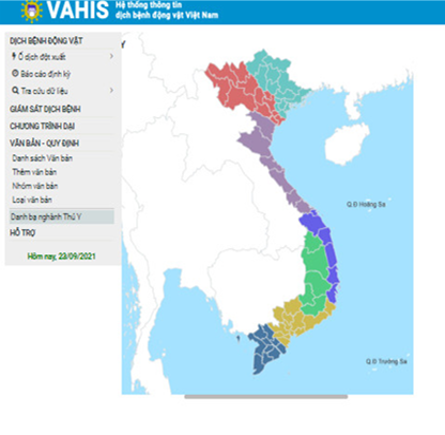
Vietnam Online Animal Disease Information System (VAHIS) is piloted effectively - Photo: USAID
This is the information at the workshop summarizing and sharing results from the project to monitor and detect infectious diseases in Vietnam organized by the US Diplomatic Mission in Vietnam, through the US Agency for International Development (USAID), together with the National Institute of Hygiene and Epidemiology, Department of Animal Health on March 29 in Da Nang City.
Online epidemic information system
According to experts, recently infectious diseases in general and emerging infectious diseases in particular are posing a major threat to global health security.
Therefore, ensuring the effectiveness and stability of infectious disease surveillance and diagnostic testing systems plays an essential role in responding to these threats.
Based on the above situation, the project to monitor and detect infectious diseases in Vietnam has been implemented in coordination with the National Institute of Hygiene and Epidemiology, the Department of Animal Health and other partners since 2020 in 5 provinces and cities (Binh Dinh, Can Tho, Dong Thap, Khanh Hoa and Thai Nguyen).
The project aims to improve the diagnosis and surveillance system for infectious diseases in general and emerging infectious diseases.
After the pilot period of implementing the Vietnam Online Animal Disease Information System (VAHIS), local facilities have quickly reported on disease detection and have timely epidemic control plans.
The online system shares disease information from provinces in the region. In particular, district-level officials have an additional tool to conveniently update outbreak information, even when there is no Internet.
After the pilot period, nearly 600 outbreaks were reported on VAHIS. Of these, 100% of outbreaks met the three criteria of being timely, complete and accurate.
Dr. Nguyen Van Long - Director of the Department of Animal Health, Ministry of Agriculture and Rural Development - said that the project has helped the veterinary sector support increased use of the online disease reporting system.
"We hope to continue to use information technology and digital transformation in the veterinary field to further enhance our capacity to prevent diseases transmitted from animals to humans," Mr. Long shared.
Strengthening control of clinical specimens
In addition, the project also supports the enhancement of specimen control, standardization of practices related to specimen transfer activities, ensuring safety, reducing transportation time and ensuring sample quality.
Of which, the project implemented nearly 14,000 samples that were transported safely and on time.
Associate Professor, Dr. Hoang Thi Thu Ha - Head of the Department of Bacteriology, Central Institute of Hygiene and Epidemiology - said that before implementing the project, provincial and district medical units often packaged samples with conventional materials, which did not ensure compliance with the Ministry of Health's guidelines on regulations on the management of infectious disease specimens.
"After the project's support, laboratory staff have improved practices in the transfer of clinical specimens. This includes packaging that ensures compliance with regulations to prevent leakage and breakage during transport.
All packages are labeled with infectious substance warnings, ensuring safety and biosecurity, minimizing the possibility of spreading pathogens into the environment during transportation," said Associate Professor, Dr. Ha.
The Director of USAID Vietnam's Health Program said the project aims to support Vietnam in strengthening public health capacities to prevent, detect, and effectively respond to emerging infectious diseases that pose a pandemic risk.
USAID hopes that the project to expand the operation of Vietnam's online animal disease information system and specimen transfer system will be maintained and replicated after the project ends.
Source



![[Photo] Solemn opening of the 9th Session, 15th National Assembly](https://vphoto.vietnam.vn/thumb/1200x675/vietnam/resource/IMAGE/2025/5/5/ad3b9de4debc46efb4a0e04db0295ad8)


![[Photo] President Luong Cuong presided over the welcoming ceremony and held talks with Sri Lankan President Anura Kumara Dissanayaka](https://vphoto.vietnam.vn/thumb/1200x675/vietnam/resource/IMAGE/2025/5/5/bbb34e48c0194f2e81f59748df3f21c7)



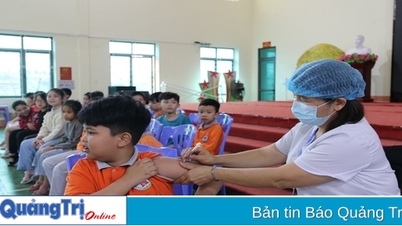


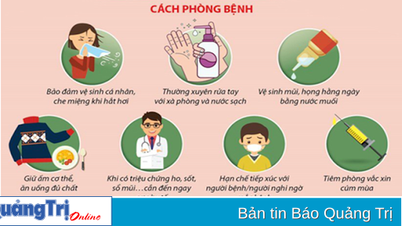















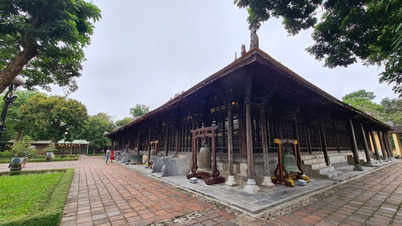


![[Photo] National Assembly delegates visit President Ho Chi Minh's Mausoleum](https://vphoto.vietnam.vn/thumb/1200x675/vietnam/resource/IMAGE/2025/5/5/9c1b8b0a0c264b84a43b60d30df48f75)









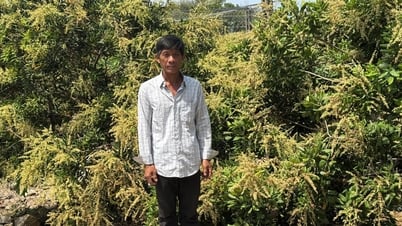




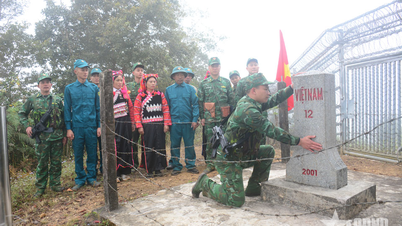











































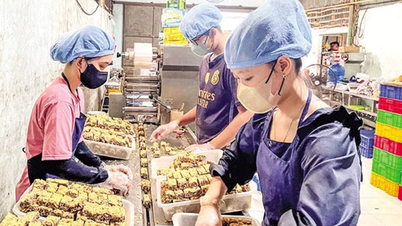





Comment (0)